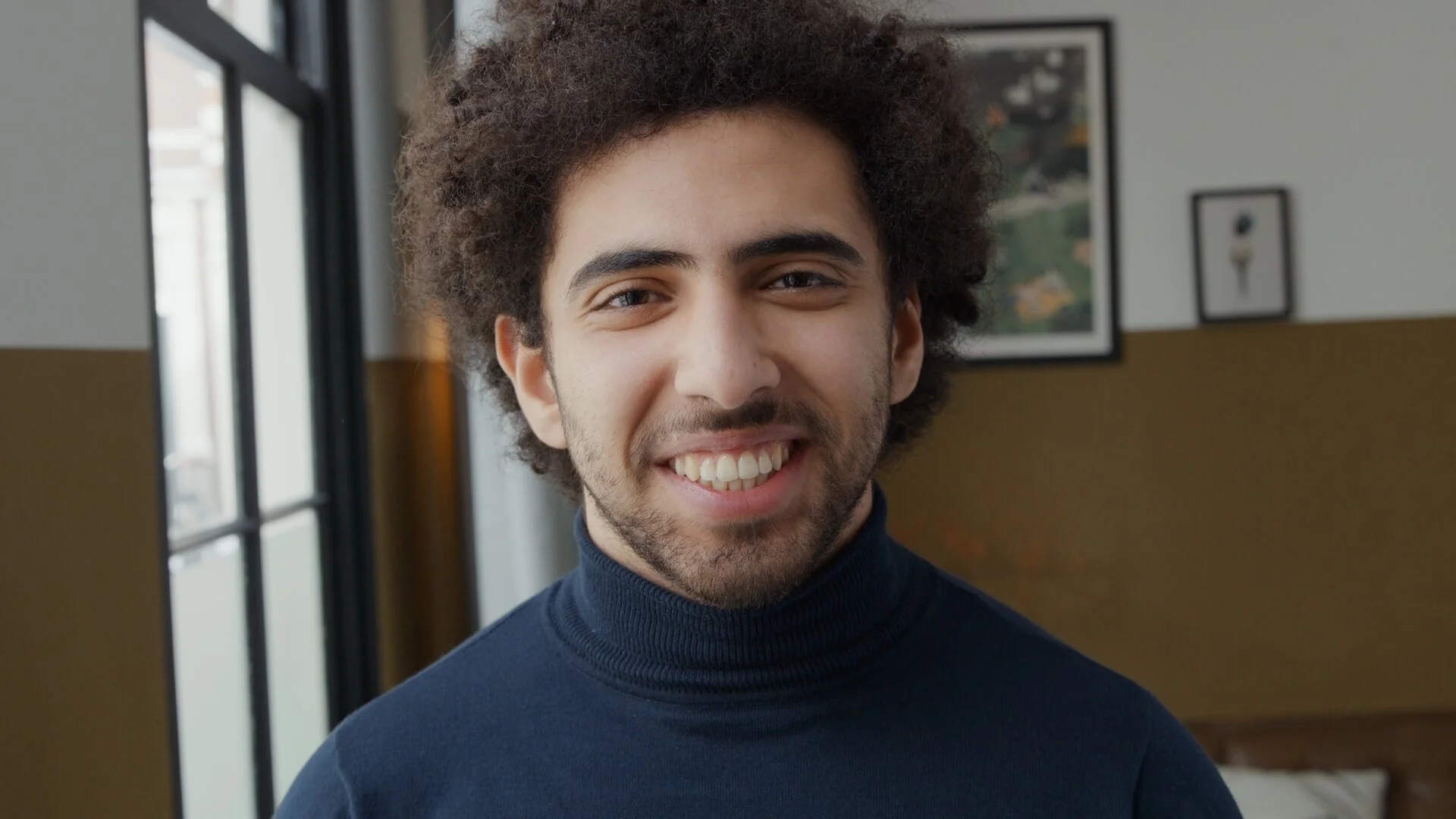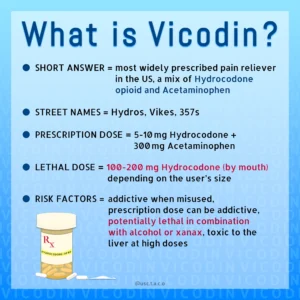
If you or a loved one is suffering with an addiction to vicodin, then action has to be taken now.
Knowing what vicodin is, what the signs and symptoms are and what can be done to treat it, is the first step to recovery.
Vicodin is a prescription analgesic (painkilling) medication used in the treatment of mild and severe pain.
Commonly used by doctors after surgery or after injury, vicodin is a highly abused drug and individuals can easily become addicted to it.

Addiction begins when people use more than the prescribed amounts stipulated by medical doctors, which in turn increases the body’s tolerance for the drug, where more is needed to achieve a desired effect which was once obtained through low dosages.
After a few weeks, the individual is physically and mentally dependent on the drug.
Vicodin is one of the most widely used prescription drugs today, sometimes used by teenagers and adults just to get ‘high’, as it causes feelings of euphoria in the brain.
Signs and Symptoms of Vicodin Addiction
An easy way to spot if you or someone you love is addicted to Vicodin is to see how long prescribed dosages last.
If the prescription goes up quickly, then you might be addicted to it.
Seclusion from loved ones, stealing, lying or showing deceitful behaviour are all common symptoms as well.
Unexplained financial problems, changes in one’s social circles and fluctuating moods are also characteristics that need to be looked out for.
When the drug is not available, individuals can suffer withdrawal symptoms such as sleeplessness, restlessness, loss of appetite, muscular and skeletal pain.
Because tolerance can be increased, the chances of an overdose occurring becomes a possibility.
Excessive use of Vicodin can lead to breathing problems, liver damage and in some cases, death.
Vicodin Addiction Treatment
People who abuse Vicodin need to seek medical help as soon as possible.
A stay in a rehabilitation center needs to be attended, where a medical detoxification can be administered in order to remove toxins of the drug from the body and also to ease any withdrawal symptoms that might be suffered.
The length of stay in rehabilitation will be determined by the nature of the individual’s addiction
Outpatient treatment and aftercare are
recommended to be attended once a stay in rehab has been completed as it will help prevent the possibility of a relapse occurring, as well as to prepare the individual for a sober and drug-free return to society.
If you need help in getting yourself or a loved one into treatment, please feel free to call us now and our qualified addiction counsellors will easily guide you through the process!